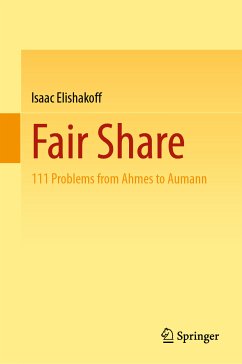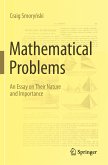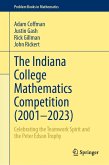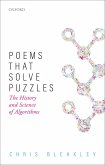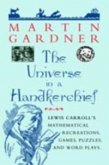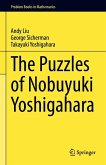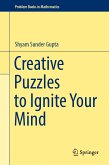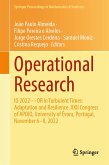Kofi Annan, former Secretary General of the United Nations, argued that "We need to create a world that is equitable, that is stable and a world where we bear in mind the needs of others, and not only what we need immediately. We are all in the same boat."
American businessman, John Landgraf stated: "I hope that most of us believe that we actually would all benefit from living in a more equitable society. If that's not happening, we're squandering human potential." For the world to be fair, one needs to know how to divide. Without the mathematics of division, humankind cannot function...
Marie Antoinette, Queen of France (infamously) said "If people have no bread, let them eat cake," and while Ahmes ¿ the scribe of the Rhind Mathematical Papyrus ¿ dealt with loaves of bread, prosperous people in the twentieth century dealt with cake division, although bread is also uniformly available. You'll be surprised, but there are at least four books and over 200 scientific (not gastronomical!) papers on cake division. Those authors were not overly concerned with obesity, one can guess, but whether distributing loaves, cakes, chores, or dividends, one needs to master division.
This book deals with a wide spectrum of division problems, and provides the historical background, giving a sense of how pervasive division is in our lives. In particular, the second part focuses on a problem that remained open until 1985, when Professor Robert John Aumann (Nobel laureate in Economics, 2005) and Professor Michael Maschler solved it using game-theoretic techniques. Simple alternative solutions are given, which are suitable for high schools and other educational institutions.
American businessman, John Landgraf stated: "I hope that most of us believe that we actually would all benefit from living in a more equitable society. If that's not happening, we're squandering human potential." For the world to be fair, one needs to know how to divide. Without the mathematics of division, humankind cannot function...
Marie Antoinette, Queen of France (infamously) said "If people have no bread, let them eat cake," and while Ahmes ¿ the scribe of the Rhind Mathematical Papyrus ¿ dealt with loaves of bread, prosperous people in the twentieth century dealt with cake division, although bread is also uniformly available. You'll be surprised, but there are at least four books and over 200 scientific (not gastronomical!) papers on cake division. Those authors were not overly concerned with obesity, one can guess, but whether distributing loaves, cakes, chores, or dividends, one needs to master division.
This book deals with a wide spectrum of division problems, and provides the historical background, giving a sense of how pervasive division is in our lives. In particular, the second part focuses on a problem that remained open until 1985, when Professor Robert John Aumann (Nobel laureate in Economics, 2005) and Professor Michael Maschler solved it using game-theoretic techniques. Simple alternative solutions are given, which are suitable for high schools and other educational institutions.
Dieser Download kann aus rechtlichen Gründen nur mit Rechnungsadresse in A, B, BG, CY, CZ, D, DK, EW, E, FIN, F, GR, HR, H, IRL, I, LT, L, LR, M, NL, PL, P, R, S, SLO, SK ausgeliefert werden.

